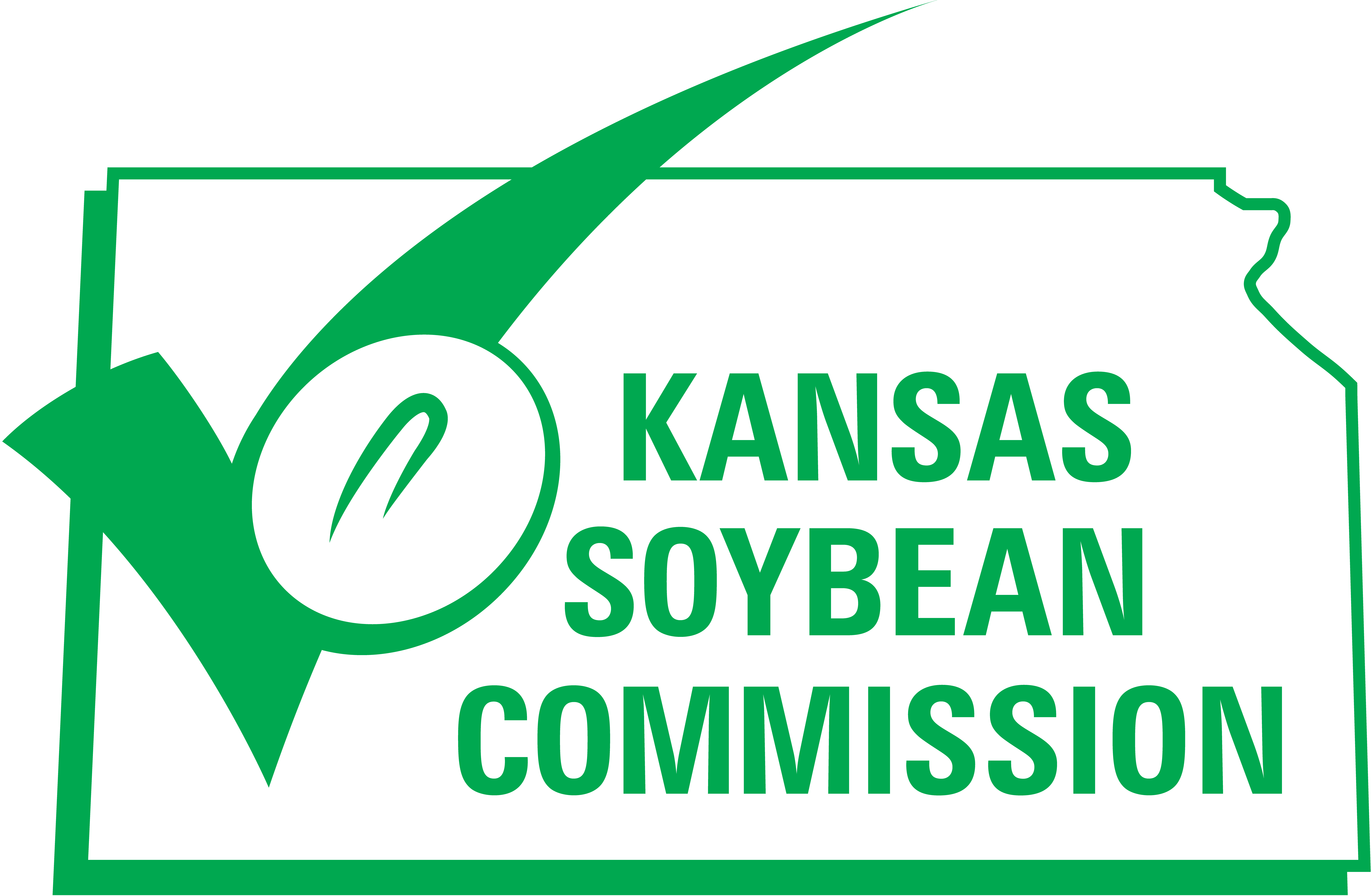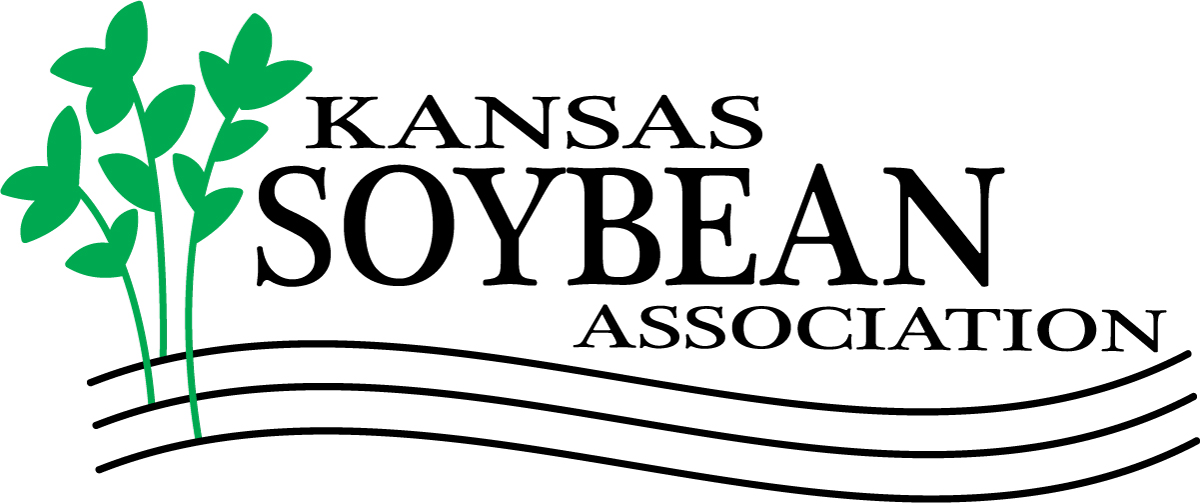Water rights: a continuous challenge for farmers
Southcentral Kansas farmers and ranchers battle U.S. Fish and Wildlife Service for their irrigation wells
With water levels decreasing, issues are rising for farmers and ranchers in the central part of Kansas. An estimated 800 privately-owned irrigation wells could be in danger of being shut down by the U.S. Fish and Wildlife Service. Due to the extreme, lasting drought, Rattlesnake Creek water levels have declined, limiting the amount of water fed into the Quivira National Wildlife Refuge. Since Rattlesnake Creek has senior water rights and the irrigation wells have junior water rights, the creek should receive water first. Since 2019, Big Bend Groundwater Management District No. 5 and the U.S. Fish and Wildlife Service have been working to find a solution in favor of both sides.
In 1957, the U.S. Fish and Wildlife Service filed for and received surface water rights for Rattlesnake Creek as the main source for the Quivira National Wildlife Refuge. Recently, this has become an issue as rainfall has decreased dramatically. According to a 2016 report done by the agency, the irrigation wells are at fault for Quivira’s low water levels by using the water from Rattlesnake Creek. With Rattlesnake Creek being dependent upon rain to keep the stream moving, the recent drought has diminished the amount of water available to distribute between the refuge and irritation wells.
Most wells were drilled in the ‘60s, abiding by legal rules and regulations. With irrigation wells costing between $50,000 and $100,000, according to Home Guide, many farmers are still paying off the wells drilled for their property.
“It’s a heck of an investment to improve their income, just for it to be taken away,” Keith Miller says. Miller is a Great Bend farmer and former GMD5 board member.
Closure of 800 irrigation wells could have major economic impacts on farmers and the local communities. Cumulatively, irrigation farmers in the area may lose up to $1 billion per year according to GMD5. Farmers would no longer have access to the source of their increased income but still must pay for the well implementation. Tax dollars in local towns could take a drastic hit, as there is a significant difference between irrigated and non-irrigated taxes. This could result in a decrease of money for the local schools, businesses and more.
GMD5 proposed drilling 30 small wells close to the refuge and irrigation farmers agreed to pay for them to keep their privately-owned wells operational. This proposal was declined. The Kansas Department of Agriculture’s Division of Water Resources and its chief engineer, Earl Lewis, are working alongside GMD5 to continue develop an effective resolution – the Rattlesnake Creek Watershed Plan. While this plan has made progress, there is still additional impacts that need to be evaluated with hopes to have the plan complete in the first quarter of 2024.
Miller says small communities rely on farmers to fuel the local economy, and wells being shut down means many farmers may not be able to afford their farms anymore.
“A lot of farmers are upset, and I understand because it’s their livelihoods,” Miller says. “I foresee an increase of farm sales from these water challenges.”
GMD5 says they are actively speaking with representatives in Washington, D.C., and other organizations involved to find a solution. To learn more about the watershed plan and voice your concerns, visit gmd5.org/watershed-plan.

